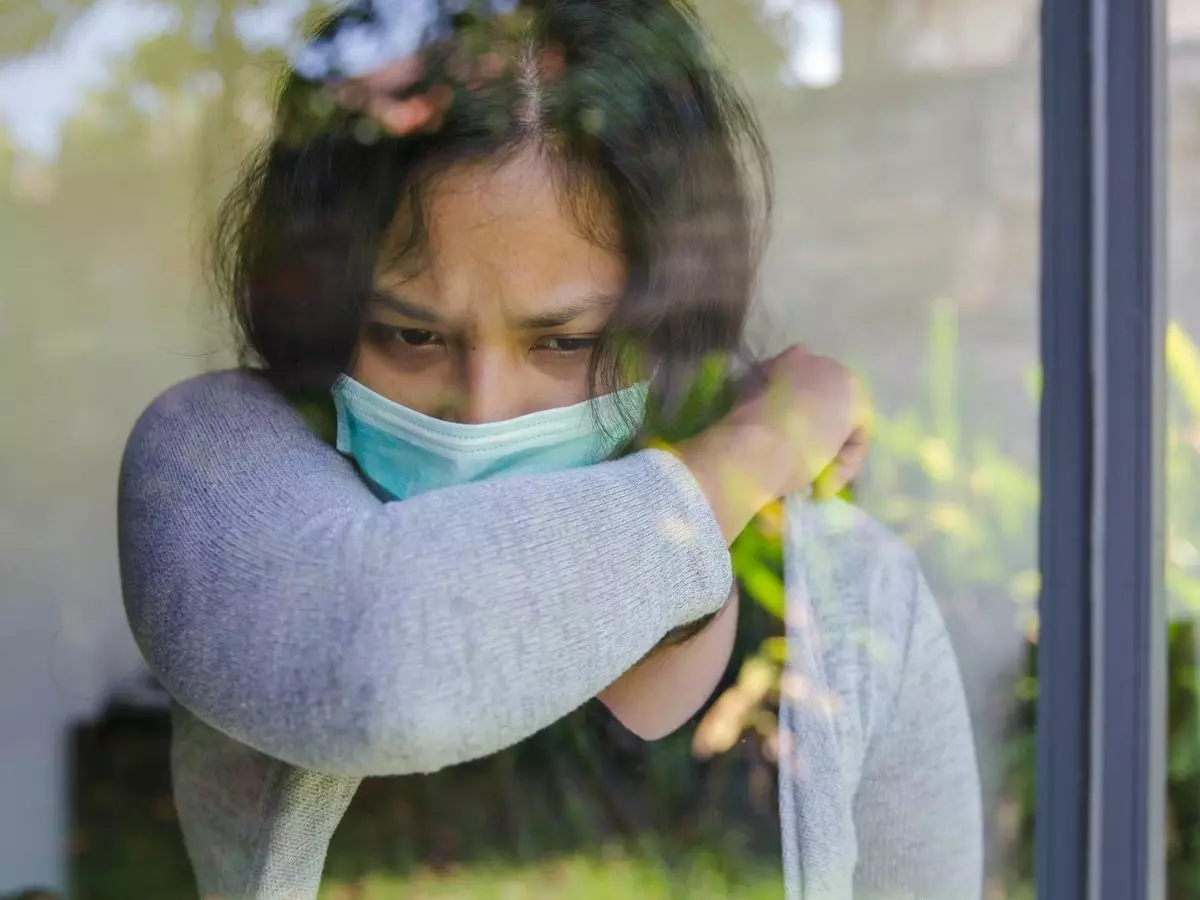MIT Scientists Build App That Detects COVID-Cough With 97% Accuracy
The model is based on existing research which was looking for Alzheimer's through coughing and talking. The neural network at play is known as ResNet50. They repurposed this to look for signs of COVID-19 instead.

Today, the world is slowly unlocking while COVID-19 continues to wreak havoc on our lives. Several cities and nations have reopened their hotels, restaurants and even movie theatres. And with so many people gathering together, the fear continues to rise.
And it is not possible to test everyone who enters a restaurant or theatre for COVID-19 as not only it¡¯s time consuming but it¡¯s also discomforting and expensive. However, researchers are working on better, non-invasive ways of detecting COVID-19 and one of them does it by simply listening to someone cough.
 Getty Images
Getty Images
Scientists at the Massachusetts Institute of Technology have developed an AI model that can detect the novel coronavirus simply from the sound generated while coughing. According to researchers, a human ear cannot really hear the difference between a normal cough and one with COVID-19. Surprising the AI model can.
The model is based on existing research which was looking for Alzheimer's through coughing and talking. The neural network at play is known as ResNet50. They repurposed this to look for signs of COVID-19 instead.
Brian Subirana, from the Massachusetts Institute of Technology, explains, "The sounds of talking and coughing are both influenced by the vocal cords and surrounding organs. This means that when you talk, part of your talking is like coughing and vice versa.¡±
He added, "It also means that things we easily derive from fluent speech, AI can pick up simply from coughs, including things like the person's gender, mother tongue, or even emotional state. There's in fact sentiment embedded in how you cough."
The aforementioned neural network was trained on thousand hours of human speech, followed by a dataset of words spoken in different emotional states. Researchers then trained it with a database of coughs to help it look for changes in lung and respiratory problems. After combining these three models, researchers added another layer of noise to filter out stronger coughs from weaker ones.
Cough recordings of 70,000 individuals were captured out of which 2,500 people were confirmed to be COVID-19 positive. However, the AI correctly identified 97.1 percent of them as well as 100 percent of asymptomatic cases.
 Reuters
Reuters
Brian further added, "The way you produce sound changes when you have COVID, even if you're asymptomatic. Practical use cases could be for daily screening of students, workers and public, as schools, jobs, and transport reopen, or for pool testing to quickly alert of outbreaks in groups."
While more work remains on AI cough detection, the researchers are awaiting regulatory approvals to turn this into an app that can be used by individuals and establishments.
